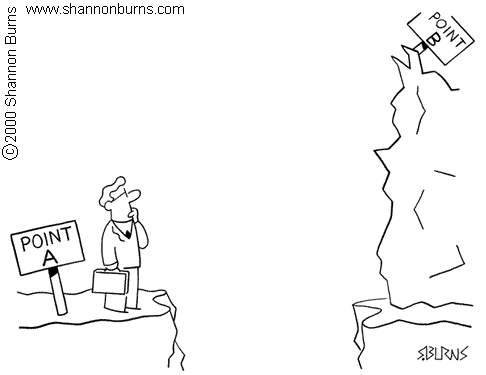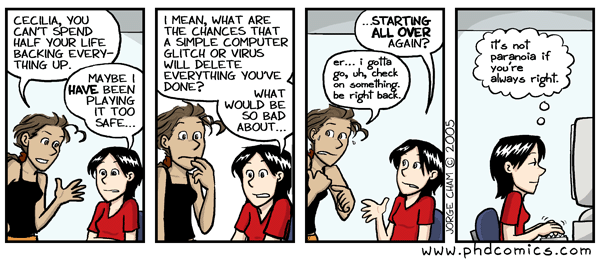I spent a lot of time this past semester applying for two vastly different grants, the National Science Foundation Graduate Research Fellowship Program and the American Heart Association Predoctoral Fellowship, and I learned three key lessons from this experience:
-
Start early.
It is impossible to start writing a grant too early. The earlier you start developing a draft of your research statement, the more people you can have read over your grant. And don’t think that an application like NSF won’t take you very long because there is a cap of two pages on the research proposal. The short ones are often more difficult than the long ones because you have to really distill down your project into a few well-formed, purposeful sentences. Additionally, if this is the first time asking some faculty members for a letter of recommendation, you must give them at least a few weeks notice and they may even want to see a draft of your research proposal. On top of that, many grants, like the AHA, require you to submit all of your materials to a grants officer at the university in order to submit the application, so you need to contact them early because they need a few days or weeks to review all of your application materials.
-
Be familiar with every detail of the application requirements and process.
Before you begin to write a single thing, know all of the requirements for that application, from what questions they want you to answer down to the fonts and margins. A lot of applications will have very general requirements such as font no smaller than 10 and any readable typeface. However, some are more detailed. It would be really awful to not have your application reviewed just because you didn’t read the directions carefully. Also, don’t count on anyone else to know what the requirements are. Even though your advisors and referees will get an email telling them when and how to submit their letters, you should make sure you tell them again and keep reminding them that the deadline is approaching. For example, the NSF application has a different deadline for referees’ letters than for the rest of the application, so fear not if their letters are not turned in when you hit submit.
-
Submit as many applications as you can.
I’m not suggesting that you forgo your research and drive yourself insane submitting dozens of grant applications, but don’t ignore grants just because you don’t think you could possibly win. Don’t even let past rejected applications keep you from trying for the same grant again if you have new data or a new spin on your research. Grants are really competitive but somebody has to win and you will only win if you try. Even if you don’t get a single grant, the process of applying forces you to think critically about your research, fix flaws in your plan, communicate that plan in a way others can understand, and create a roadmap for your future research. Or if you are like me and a second year student, you are most of the way to completing your comprehensive exam by doing all the background research, gathering citations, and developing specific aims.
Happy Writing!










